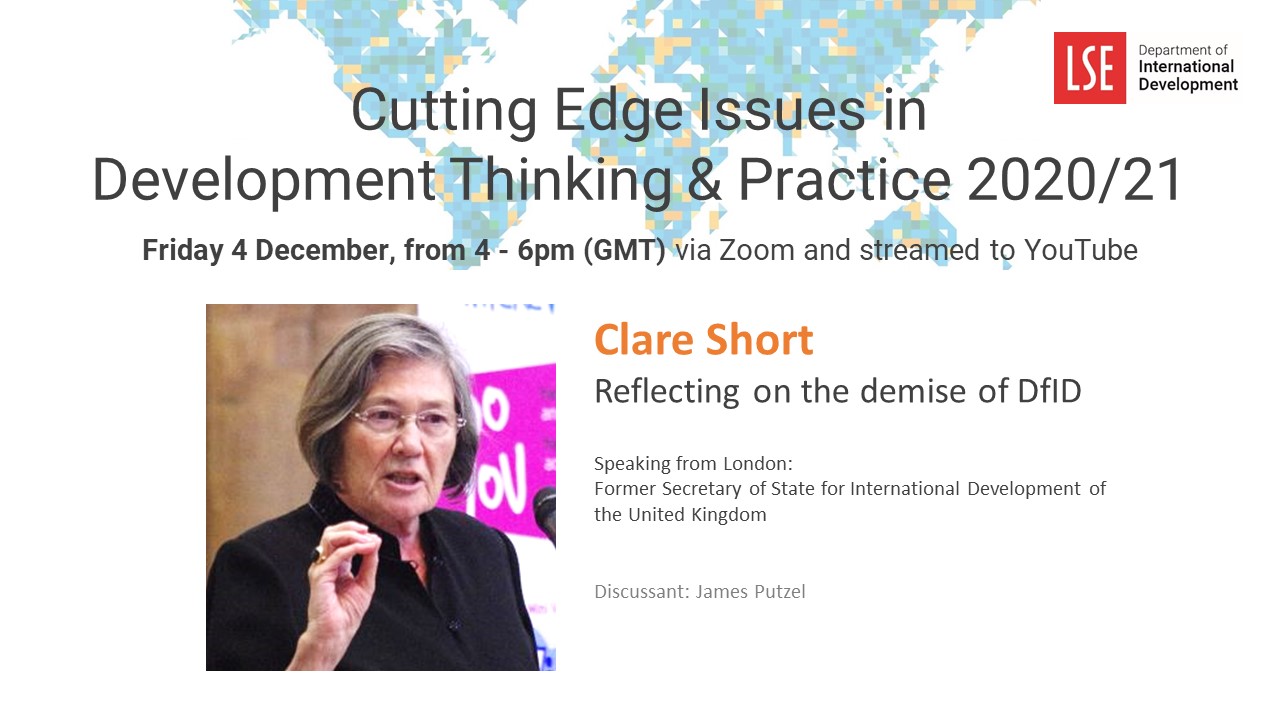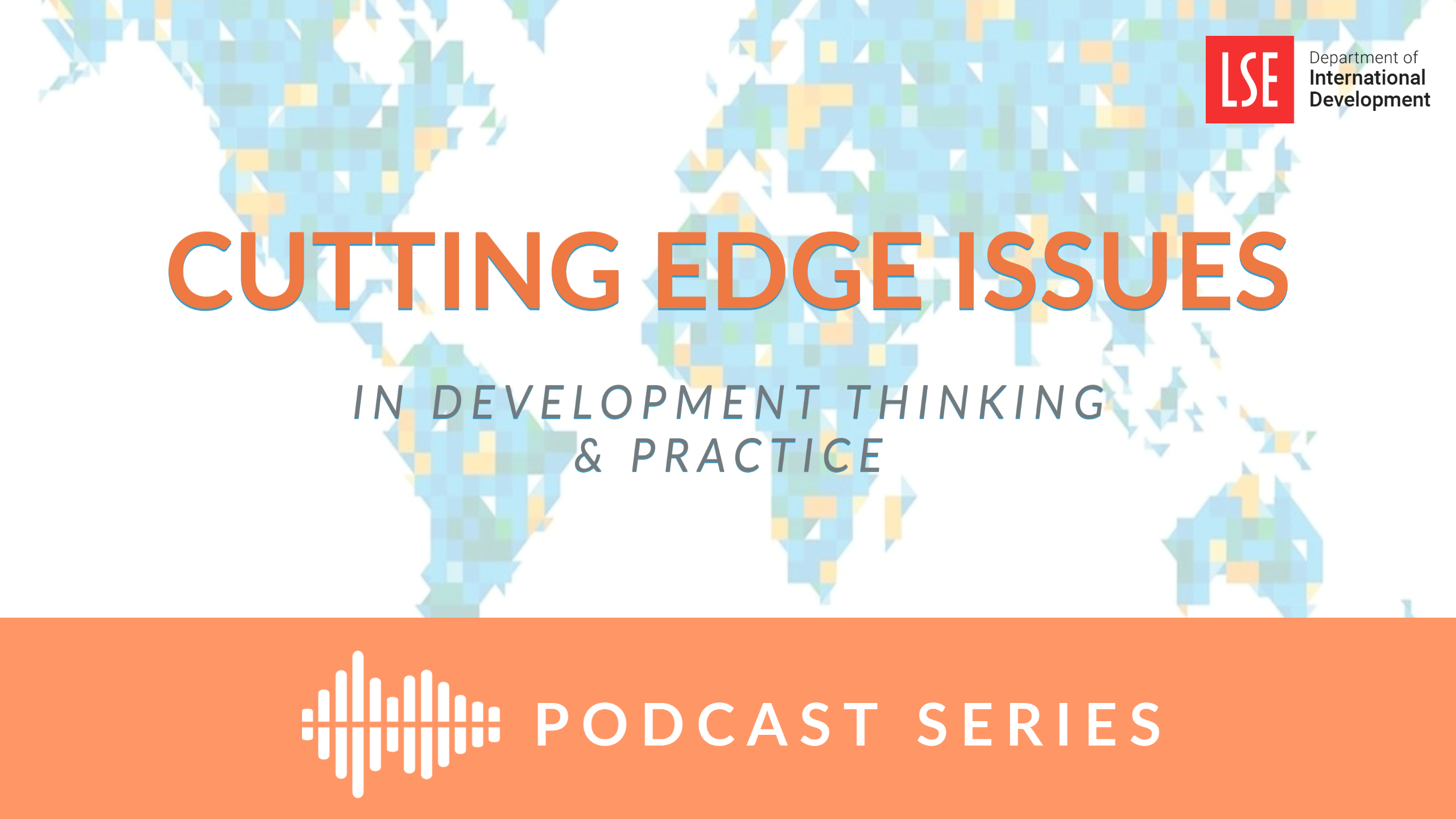
In her 2008 article, Haemorrhagic Fevers in Africa: Narratives, Politics and Pathways of Disease and Response, Melissa Leach draws attention to the ‘ecological and social dynamics’ present in African communities, the ‘structural shifts that may be impinging on the nature and frequency of outbreaks, and on local and regional vulnerability to them.’ She highlights that issues with tackling diseases such as Ebola cannot be separated from the battle against poverty and stresses that the increasing frequency and severity of outbreaks calls for the integration of longer-term perspectives into practical, sustainable responses to Ebola, if a future health crisis is to be avoided.
Fast-forward six years and the current epidemic in West Africa is by far the most widespread and devastating spate of infection since the disease was first identified in 1976. From the first confirmed case in March 2014, it has spread rapidly and cross-border, from Guinea to Sierra Leone, Liberia, Nigeria and Senegal; an explosion which has led to predictions of a total death toll of 250,000 by Christmas. Just last week, the Disasters Emergency Committee (DEC) launched an appeal which they have termed ‘unprecedented’ (and the first ever in response to a disease outbreak), claiming that Ebola is no longer just a health emergency but a potential ‘humanitarian catastrophe’. Staff from the London School of Hygiene and Tropical Medicine, in collaboration with colleagues from IDS, the Universities of Sussex, Exeter and Nijla have formed an Ebola Response Anthropology Platform to enhance efforts to contain the epidemic by providing advice on how to engage with ‘crucial socio-cultural and political dimensions of the outbreak and build locally-appropriate interventions’. The BBC has launched an Ebola public health information service on WhatsApp to give people in infected regions access to public health information. Even pharmacies around London display NHS leaflets detailing symptoms of the disease and giving instruction to any sickly UK returnees who may have been exposed. After an admittedly slow international response in the initial months, the West seems to have woken up to the reality of the scale and momentum of the current outbreak.
It must be acknowledged that there were some distinctive factors which made the impact of the current Ebola outbreak difficult to predict. Three weeks ago Benjamin Black, a British obstetrician/gynaecologist currently volunteering with Medecins Sans Frontieres (MSF) in Sierra Leone, delivered an eye-opening public lecture at the LSE on ‘the practical and ethical dilemmas of working in the current Ebola crisis.’ He described the epidemic as being in ‘completely unchartered territory’, given its prevalence in urban areas and spread across national borders. This, he argued, explains why it took so long to recognise the threat posed by the disease subsequently leading to a delayed response. The latter has had a detrimental effect on local capability to treat and contain the disease, as health infrastructures have collapsed trying to combat the deadly virus with simply inadequate facilities and in the midst of hysteria. Vital medical staff have been lost, people are afraid of health centres, and many are dying of treatable diseases, thus the indirect mortality rate is more prevalent than that of Ebola itself. Communities are breaking down, people are losing jobs and society is generally ceasing to function. Although the BBC have reported an overwhelming response in donations to the DEC campaign (near £5 million, which will be matched by the UK government), agencies on the ground are not yet ahead of the curve.
Unfortunately, this damaging web of effect serves as a harsh reminder of the structural issues at the root of many problems affecting African societies. As stated by UN High Commissioner Zeid Ra’ad Al Hussein, a disregard for human rights to things like health, education, sanitation and good governance has allowed infected countries to become fertile ground for the outbreak in the first place. More than ever, it is imperative that such weaknesses are addressed, and that long-term change and development plans are constructed and implemented. The effects of Ebola 2014 have made this already daunting task a more distant target, as it is thought that containing Ebola will be the tip of the iceberg: history would tell us that further crisis is sure to follow in the wake of the epidemic.
Katie Wilkinson is an MSc Development Studies student in the Department of International Development at LSE.

Soldiers are being sent to deal with Ebola in West Africa. It is a mistake argues Alex de Waal, Visiting Professor in International Development at LSE;
“Putting soldiers on the front line to combat the threat of a disease is intuitively plausible and politically appealing. But it is an error. My argument runs like this.
First, infectious disease is not a security threat in anything resembling the traditional sense. After researching this issue for over a decade, public health and security analysts have recognized this. Military metaphors are good for sounding the alarm but not much else.
Second, the military is not set up to protect against threats to public health or respond to health emergencies. The U.S. Department of Defense has a vast medical budget, and of course has expertise and capacity in some areas such as trauma surgery and emergency evacuation. But it is poorly suited to playing a leading role in global public health. Civilian and military public health specialists recognize this. So when funds are allocated for biodefence against terrorism, public health experts insist that they be spent on general public health systems, not parallel defence systems.
Third, similar considerations apply to the military’s role in humanitarian emergency response. With a $650 billion annual budget for Department of Defense (DoD) and overseas contingency operations, it would be shocking if the U.S. armed forces did not have exceptional logistical capabilities. The military can do some specialized tasks very well, but when it ventures into more general emergency response, it is inefficient and often ineffective.
Finally, we should attend to the post-colonial context of Ebola. In Africa and elsewhere, public health was handmaiden to imperial conquest, and there is a continuing legacy of coercive social planning in the name of disease control. We must be alert to the dangers of a renewed militarization of global health.”
Alex de Waal is a Research Director of the Justice and Security Research Programme, based in the Department of International Development, and is Executive Director of the Word Peace Foundation. Read his argument in full in the Boston Review.





